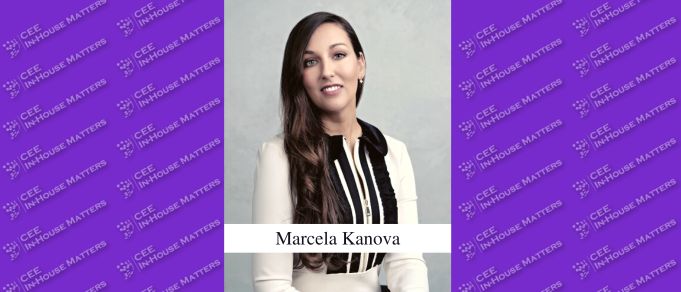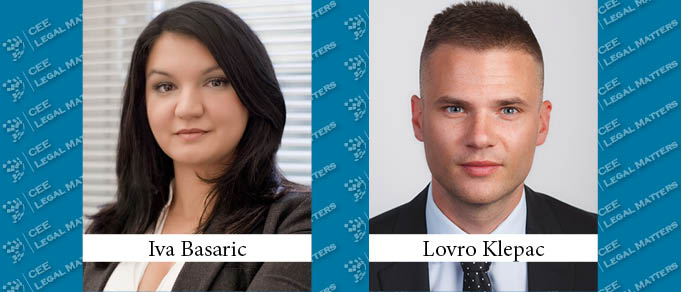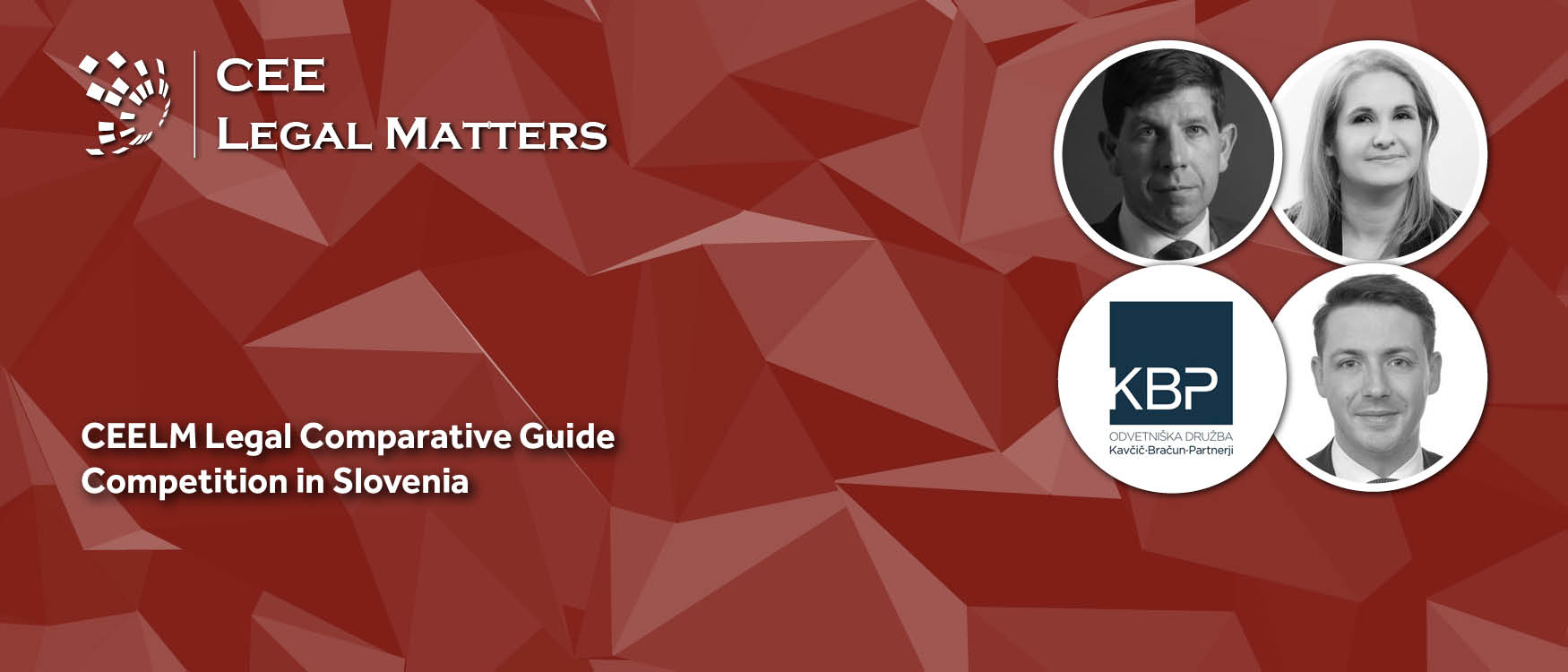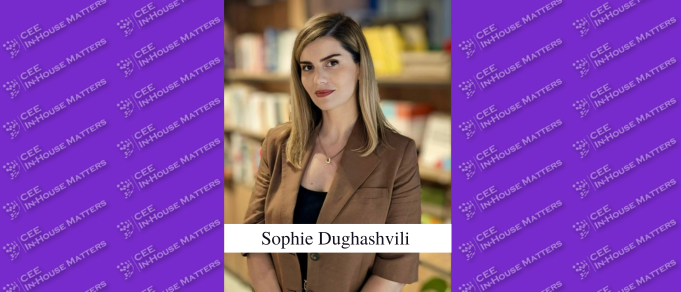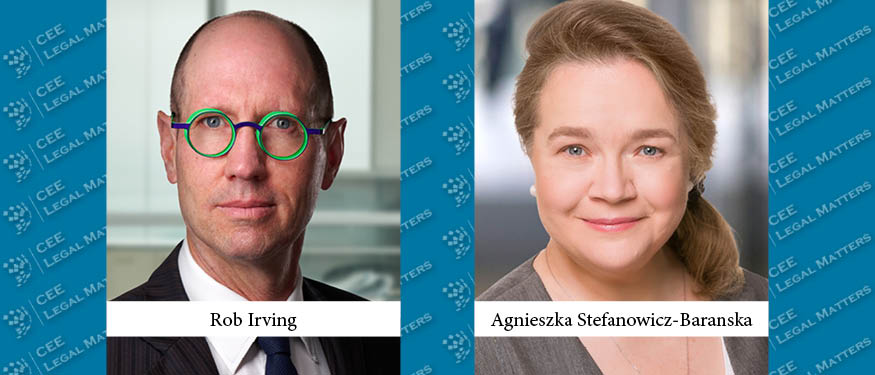Lauras Butkevicius has joined Ellex’s Lithuanian office as a Partner.
Marcela Kanova Returns to Private Practice as Partner with Rowan Legal
Former IBM Associate Partner Marcela Kanova has returned to private practice by joining Rowan Legal as a Partner in Prague.
Croatian Transposition of Directive (Eu) 2020/1828 on Representative Actions for the Protection of the Collective Interests of Consumers
Croatian Consumer Protection Act authorizes qualified entities such as consumer organizations and public authorities to bring civil proceedings against traders or trade associations engaged in practices that violate Croatian consumer protection laws. Under the current regime, the competent court is authorized to (i) establish that the infringement occurred, (ii) order the respondent (e.g., trader) to cease the prohibited behaviour and, if possible, to adopt measures necessary to eliminate the harmful effects of respondent’s prohibited conduct, and (iii) prohibit any such or similar future behaviour.
Parallel Enforcement of EU and Croatian Competition Law after The New EU Vertical Block Exemption Regulation
On June 1, 2022, Commission Regulation (EU) 2022/720 on the application of Article 101(3) of the Treaty on the Functioning of the European Union (TFEU) to categories of vertical agreements and concerted practices (EU VBER) entered into effect in all EU member states. The new EU-level rules were adopted, inter alia, to align the existing framework with the specifics of the online platform economy which plays an important role in the distribution of goods and services across the whole EU. Still, although the new VBER has significantly changed the rules on the application of Article 101(3) TFEU to vertical agreements, the existing Croatian Regulation on Block Exemption of Vertical Agreements between Undertakings (Croatian VBER) has not (yet) undergone a similar revision.
Croatia: WhatsApp Correspondence Constitutes Credible Evidence of Anti-Competitive Agreements
On July 21, 2021, the Croatian High Administrative Court confirmed the Croatian Competition Agency’s (CCA) cartel decision adopted against 14 Croatian driving schools. In its infringement decision dated December 30, 2019, the CCA established the existence of a price-fixing cartel between 14 Croatian driving schools and imposed fines in the total amount of HRK 415,000 (approximately EUR 55,500). During this cartel investigation the CCA conducted several dawn raids and established the existence of a price-fixing cartel based on, inter alia, WhatsApp correspondence exchanged between representatives and employees of cartel members. Based on CCA’s infringement decision, the content of exchanged WhatsApp correspondence between cartel members referred to the coordinated price increases for driving lessons starting from the beginning of 2018.
Competition and Competition Litigation Laws and Regulations in Slovenia
Contributed by Kavcic, Bracun & Partners.


